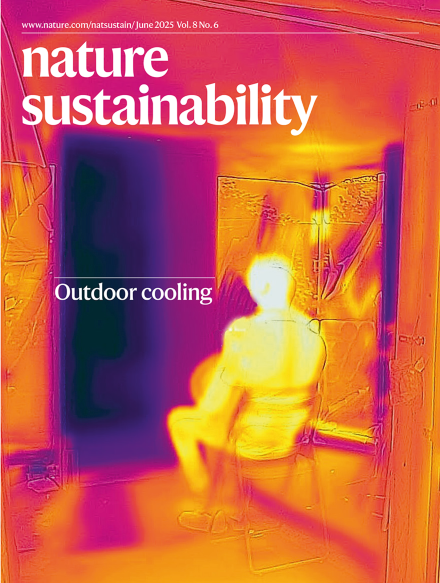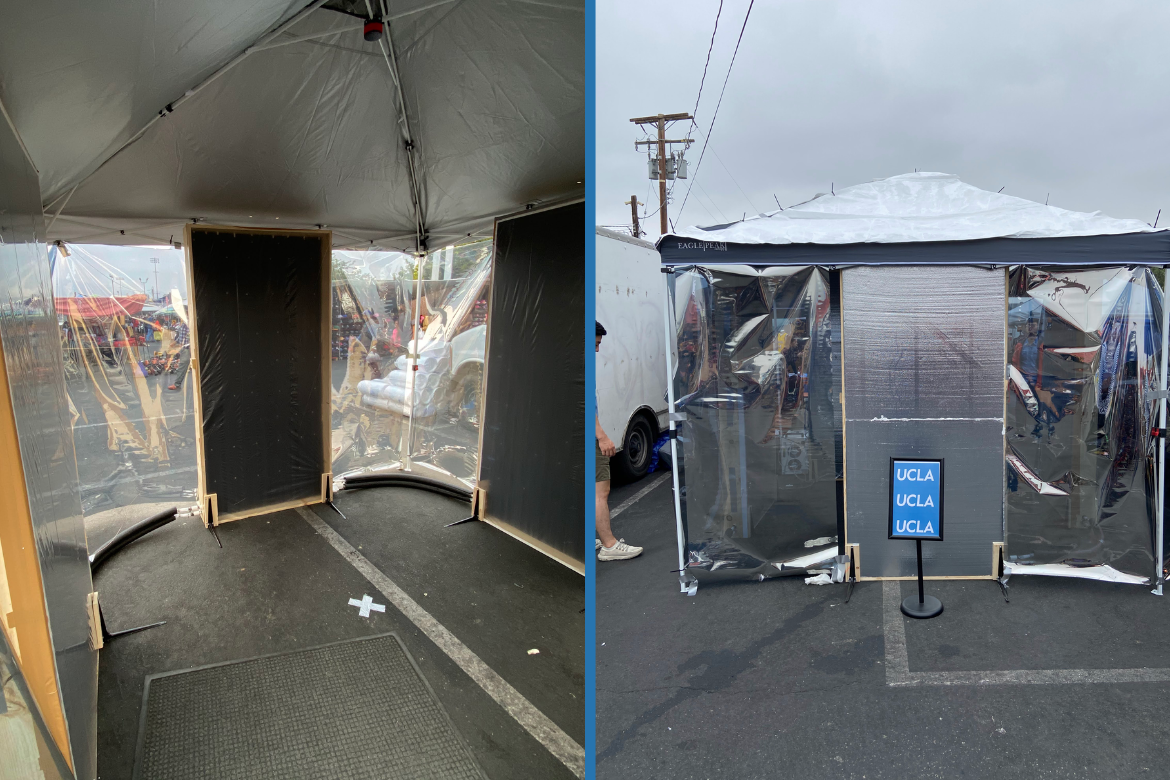By Stan Paul
In the most recent fiscal year, UCLA Luskin received more than $32 million in extramural funding, which includes research grants and contracts, gifts from individuals, foundation funding and endowments. The School’s fundraising efforts contributed to almost $11.5 million of that total.
Amid rising costs and declining state funding for the University of California system, this type of support is more important than ever. External funding sources large and small allow individual scholars and UCLA Luskin-affiliated research centers to continue to pursue important and timely research on numerous policy issues, including such pressing topics as the environment, labor, crime and social justice. Here are just a few examples:
RETREATING FROM FIRE-PRONE ZONES
The devastation of wildfires is well-known in California — loss of life, displacement of people from their homes, and high rebuilding costs to individuals, governments and the private sector.
Liz Koslov, assistant professor of urban planning, studies social dimensions of climate change, environmental and climate justice, and how cities are adapting to effects such as extreme weather and sea-level rise as a scholar at UCLA Luskin and in association with the Institute of the Environment and Sustainability at UCLA.
This research on wildfires and “managed retreat” has received support from the National Science Foundation, or NSF. The concept, in general, involves moving people and infrastructure out of harm’s way well before disaster strikes and is part a growing debate about managed retreat in high-risk coastal areas and fire-prone zones.
The grant resulted from the NSF’s 2022 call for proposals, which recognized wildland fire as “becoming an increasingly prevalent and pressing phenomenon nationally and globally.”
Her proposal received a one-year planning grant to develop a research agenda on the intersection of wildfire and managed retreat. The award is funded through the NSF’s Humans, Disasters, and the Built Environment Program and the independent federal agency’s Human-Environment and Geographical Sciences Program.
“While there have been recent calls in the media, and by some policymakers and academics, to consider relocating people and infrastructure away from places facing high wildfire risk, little research examines whether retreat is an effective or equitable response in wildfire contexts,” Koslov said. The existing understanding of managed retreat is based almost exclusively on studies by herself and others that focused on flooding and sea-level rise.
Koslov and her co-principal investigator Kathryn McConnell, a postdoctoral research associate at Brown University’s Population Studies and Training Center, argue that the dynamics of wildfire require attention in their own right.
MAPPING RACE, POVERTY, CRIME AND POLICING
Exposure to crime is among the factors that impact police decision-making and public trust in police, and that topic is part of a new study by Emily Weisburst, an assistant professor of public policy.
Thanks to a two-year grant from the Russell Sage Foundation, Weisburst and a UCLA colleague, Felipe Gonçalves of economics, plan to shed light on how and why the experience of crime and police enforcement of crime may differ in the United States for individuals from different races and income groups. The project uses descriptive mapping to look at disparities using high-frequency policing data — information that Weisburst said has not previously been available on a large scale.
Data from 911 calls, crimes and arrests across U.S. cities will be used to measure how Americans of different races and income levels are exposed to criminal activity. The researchers intend to document variations in exposure to crime and policing at a granular level in order to estimate the causal impact of residential segregation on racial gaps in neighborhood crime and arrest exposure.
“The analysis is really exciting, but it’s almost secondary to cleaning the data because the data collection is so ambitious. We’re getting these individual records of 911 calls, crimes and arrests from hundreds of cities around the country,” Weisburst said.
The data will come in different forms from different cities, and it all must be validated. Most of the data is now there to be verified, she said, “which allows UCLA graduate students and undergraduate students to get involved.”
Once disparities are mapped, the researchers will try to understand a primary causal factor: “We’re going to look at how these gaps vary across cities depending on their degree of segregation,” Weisburst said.
Guaranteed Income in L.A.
Assistant Professor of Social Welfare Judith Perrigo is more than two years into a five-year study to evaluate an experiment whereby some Los Angeles residents negatively affected by the pandemic have been receiving a guaranteed income of $1,000 a month.
Perrigo’s work, funded in conjunction with Los Angeles County and the University of Pennsylvania, is part of a larger effort to evaluate similar programs in cities across the nation.
Perrigo is currently looking at L.A.’s version, a pilot program called Breathe in which 1,000 individuals received $1,000 a month for 36 months. She is working with a team that includes co-principal investigator Margaret Thomas, formerly of UCLA and now an assistant professor at the University of Chicago, as well as PhD students.
“We designed a randomized controlled trial following those 1,000 people that are receiving guaranteed income,” Perrigo said. In addition, researchers are contacting about 2,000 people who are not receiving guaranteed income, but applied for the program.
“We’re examining the differences between those two groups on overall health and well-being,” Perrigo said.
A digital dashboard shows in real time how people are using the funds. It includes demographic data on participants, and the economic context for pilot participants in terms of unemployment and inflation.
The spending breakdown shows that food, transportation and housing are among the top expenditures, whereas health care/medical expenses and education are closer to the bottom. “Not surprisingly, the majority are using [the money] for basic needs like rent and utilities,” Perrigo said.
More broadly, she is also interested in understanding the program’s impact on health, mental health, overall well-being and child development. The researchers are looking at a subset of families that have young children under age 5.
“We want to know if this program, or a program like this, can help disrupt intergenerational poverty,” said Perrigo, who specializes in advancing holistic well-being for young children.
A Second Chance for Incarcerated Youths
Laura Abrams, professor and chair of Social Welfare, is among a team of researchers from across the country awarded support by the Laura and John Arnold Foundation to lead an extensive national study of young people sentenced to life in prison who are ultimately given a chance at freedom.
The team’s three-year project is building a base of knowledge that supports safe and equitable sentencing and “second-look” policies for people sentenced to life in prison for offenses committed before they were age 18. Some have spent years behind bars.
“This research seeks to answer critical policy questions,” Abrams said. “Can we develop a set of evidence-informed policies that provide second chances for people serving long sentences for violent crimes? Can we reduce our overreliance on long sentences in the future without compromising public safety?”




